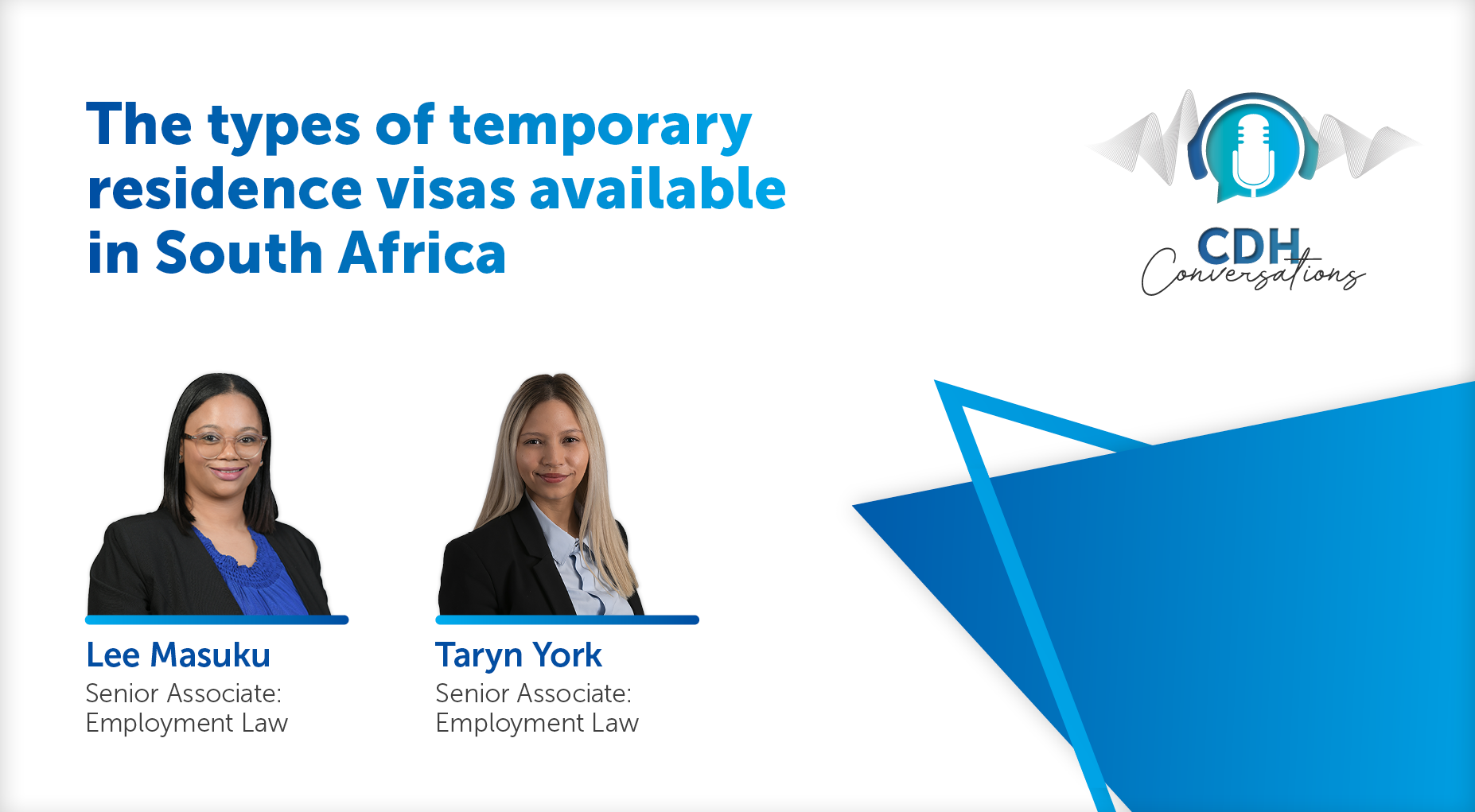Second through the door wins immunity
In February 2007, the Commission granted immunity to Premier Foods Proprietary Limited (Premier) for its collusive involvement in the maize milling market, as the first applicant through the door. In November 2007, the Commission also granted immunity to Tiger, as the second applicant through the door. In October 2009, the Commission explained that its investigation had revealed that other firms were also involved in colluding in the maize milling market, and a complaint was subsequently initiated against Blinkwater and others. In March 2010, the Commission referred the complaint against Blinkwater and others to the Tribunal.
Among other things, Blinkwater argued that since Premier had already been granted immunity, it was ultra vires the Commission’s own policy to grant immunity to Tiger. Blinkwater contended that the Commission’s case against it was exclusively based on information submitted by Tiger under the corporate leniency policy (CLP); and the referral against it to the Tribunal would not have materialised had the Commission not granted immunity to Tiger.
On the question as to whether the Commission acted ultra vires, the Tribunal noted that Premier was not able to provide the Commission with complete information to allow it to proceed against the respondent firms, and Tiger’s evidence was not secondary to that of Premier’s – it was the primary evidence in respect of some arrangements without which, prosecution would have not been possible. The Tribunal held that the Commission acted rationally and most importantly, the Commission had an important objective: to prosecute as many cartelists as possible in the matter - and for that matter it needed to have further evidence that Premier could not supply, justifying leniency to Tiger. The Tribunal concluded that a rational connection was established between the “means” and the “end”.
In coming to its decision, the Tribunal also considered an OECD document from October 2012 which noted that there is a general consensus on the benefits of a mechanism for granting subsequent applicants immunity both in terms of obtaining additional evidence and relieving the investigative burden of pursuing a case; a subsequent applicant can support an investigation by corroborating and completing the information on the cartel provided by the immunity applicant.
By way of comment, it should be noted that the Commission retains a discretion to award leniency and with “first to the door” being a key part of the policy, there is no guarantee that leniency will be granted to subsequent applicants. In any event, information submitted to the Commission by cartel members, whether leniency is granted or not, is admissible and it is difficult to see how Blinkwater could have expected to escape prosecution on such a technical basis.
In the 2014/2015 financial year, the Commission carried over 18 CLP applications from the previous year and received 121 new CLP applications, thereby managing a total of 139 CLP applications. On the one hand, it stands to reason that many more CLP applications may follow suit in light of the Tribunal’s decision; on the other hand, it remains to be seen the extent to which the introduction of criminal liability on cartel conduct will impact the application of the CLP and its effectiveness in detecting and prosecuting hardcore cartels in South Africa.
The information and material published on this website is provided for general purposes only and does not constitute legal advice. We make every effort to ensure that the content is updated regularly and to offer the most current and accurate information. Please consult one of our lawyers on any specific legal problem or matter. We accept no responsibility for any loss or damage, whether direct or consequential, which may arise from reliance on the information contained in these pages. Please refer to our full terms and conditions. Copyright © 2026 Cliffe Dekker Hofmeyr. All rights reserved. For permission to reproduce an article or publication, please contact us cliffedekkerhofmeyr@cdhlegal.com.
Subscribe
We support our clients’ strategic and operational needs by offering innovative, integrated and high quality thought leadership. To stay up to date on the latest legal developments that may potentially impact your business, subscribe to our alerts, seminar and webinar invitations.
Subscribe


